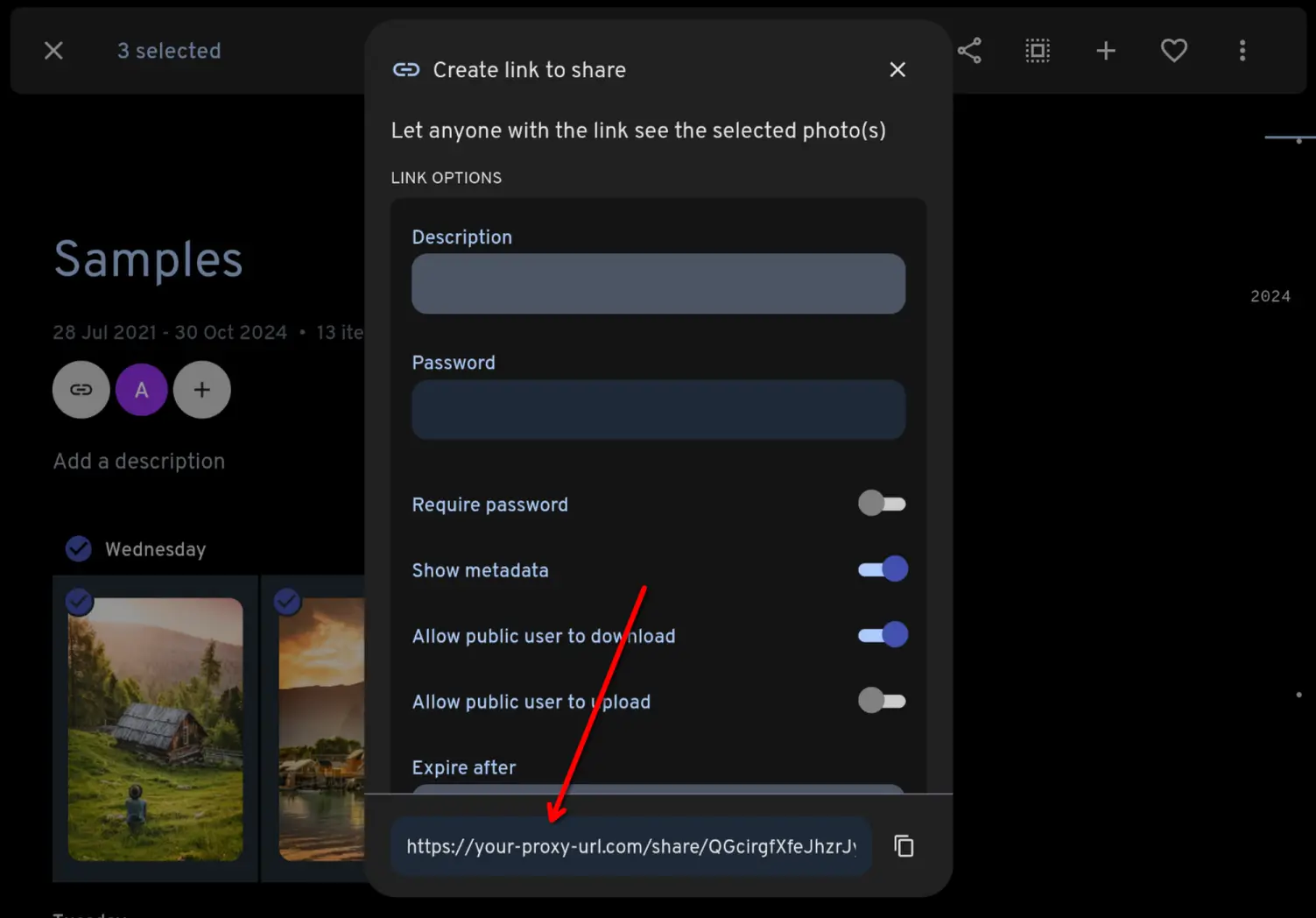Selfhosted
A place to share alternatives to popular online services that can be self-hosted without giving up privacy or locking you into a service you don't control.
Rules:
-
Be civil: we're here to support and learn from one another. Insults won't be tolerated. Flame wars are frowned upon.
-
No spam posting.
-
Posts have to be centered around self-hosting. There are other communities for discussing hardware or home computing. If it's not obvious why your post topic revolves around selfhosting, please include details to make it clear.
-
Don't duplicate the full text of your blog or github here. Just post the link for folks to click.
-
Submission headline should match the article title (don’t cherry-pick information from the title to fit your agenda).
-
No trolling.
Resources:
- selfh.st Newsletter and index of selfhosted software and apps
- awesome-selfhosted software
- awesome-sysadmin resources
- Self-Hosted Podcast from Jupiter Broadcasting
Any issues on the community? Report it using the report flag.
Questions? DM the mods!
view the rest of the comments

A simpler way to protect a private service with a reverse proxy is to only forward HTTP GET requests and only for specific paths.
It’s extremely difficult to attack a service with only GET requests.
The security of which URLS are accessible without authentication would be up to immich.
This is exactly the risk I'm wanting to mitigate. Immich is under heavy active development, and I want to abstract away from needing to worry whether the no-auth API URLs are safe to expose publicly.
At the end of the day I feel safer knowing that there is zero public access to any part of my Immich instance, which for me is what really matters.
Immich has a whole set of end-to-end automated tests to ensure they don't accidentally make public any URLs they went to be private:
https://github.com/immich-app/immich/tree/main/e2e/src/api/specs
As a popular open source project, that would be e glaring security hole.
Using this proxy puts the trust in a far less popular project with fewer eyeballs on it, and introduces new risks that the author's Github account is hacked or there's vulnerability in he supply chain of this docker container.
It's also not true that you "never need to touch it again" . It's based on Node whose security update expire every two years. New image should be built at least every two years to keep to update with the latest Node security updates, which have often been in their HTTP/HTTPS protocol implementations, so they affect a range of Node apps directly exposed to the internet.
All good points, and Apple has some of the most skilled engineers in the world and The Fappening still happened.
It's not possible for me to audit everything that's happening security-wise in Immich, but I can fully understand what's happening in this small codebase to my own satisfaction. At the end of the day I feel safer knowing that there is no public access to any part of my Immich instance.
I meant that you don't need to use it to share photos, not that you never need to update your docker containers! 😱 Thanks, I have clarified that.